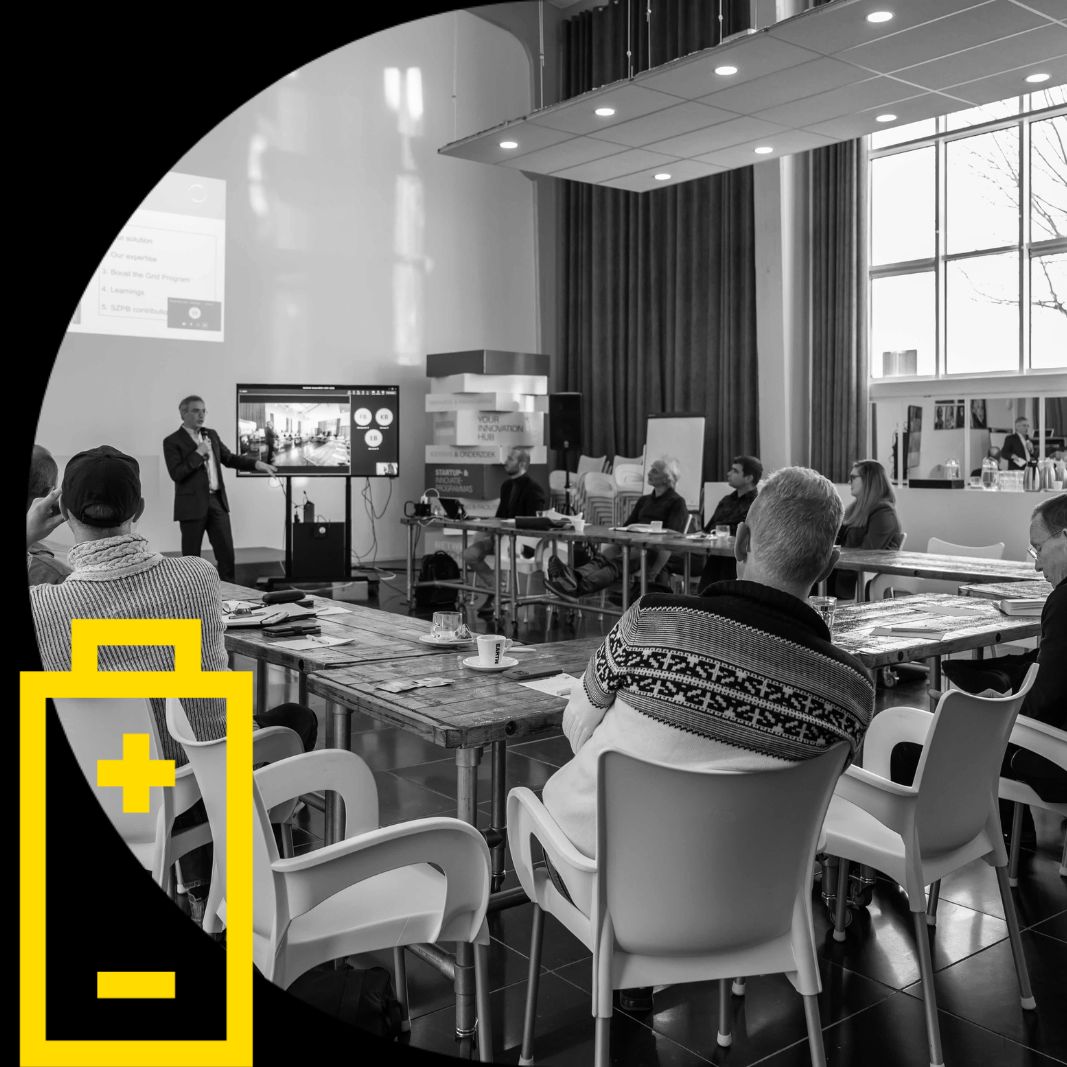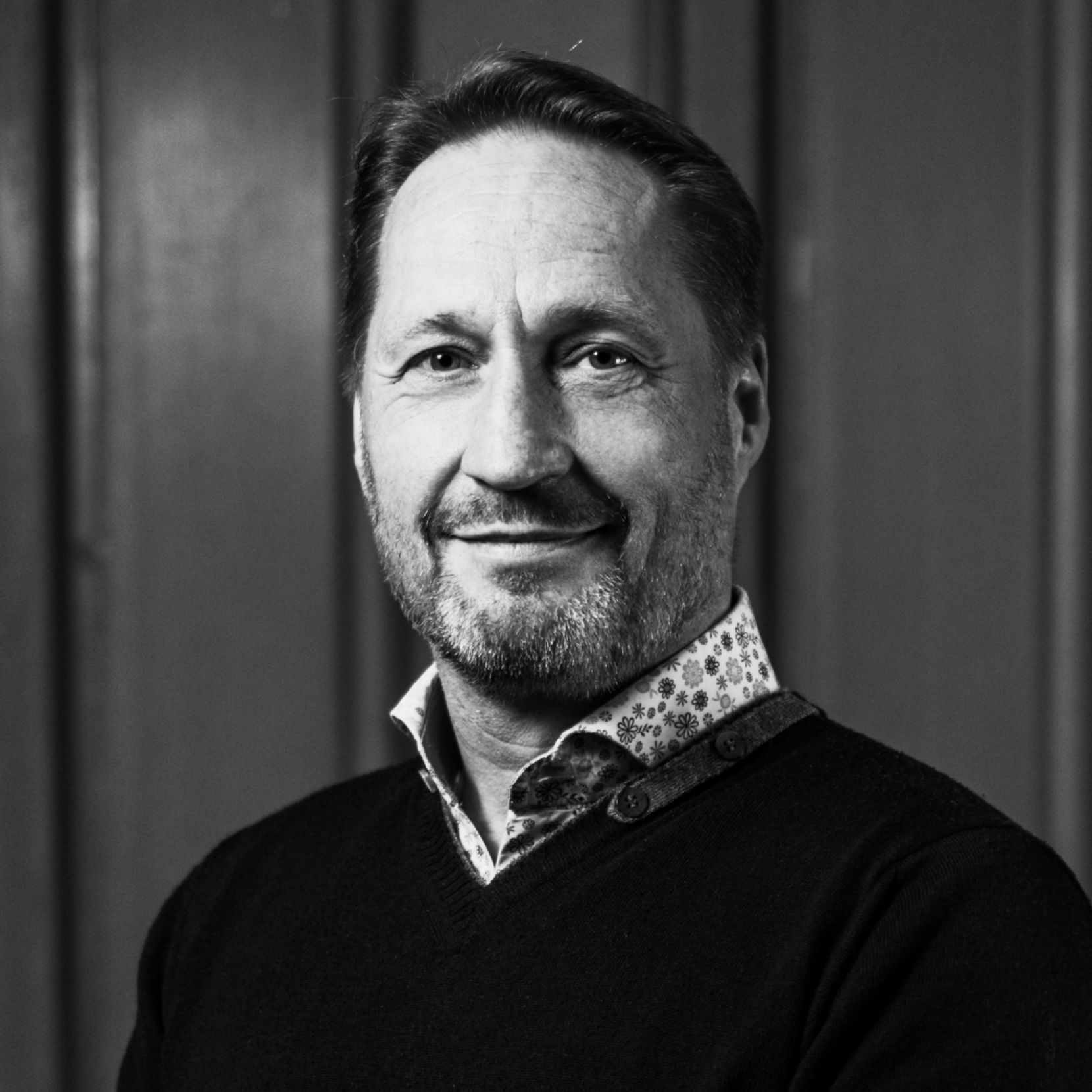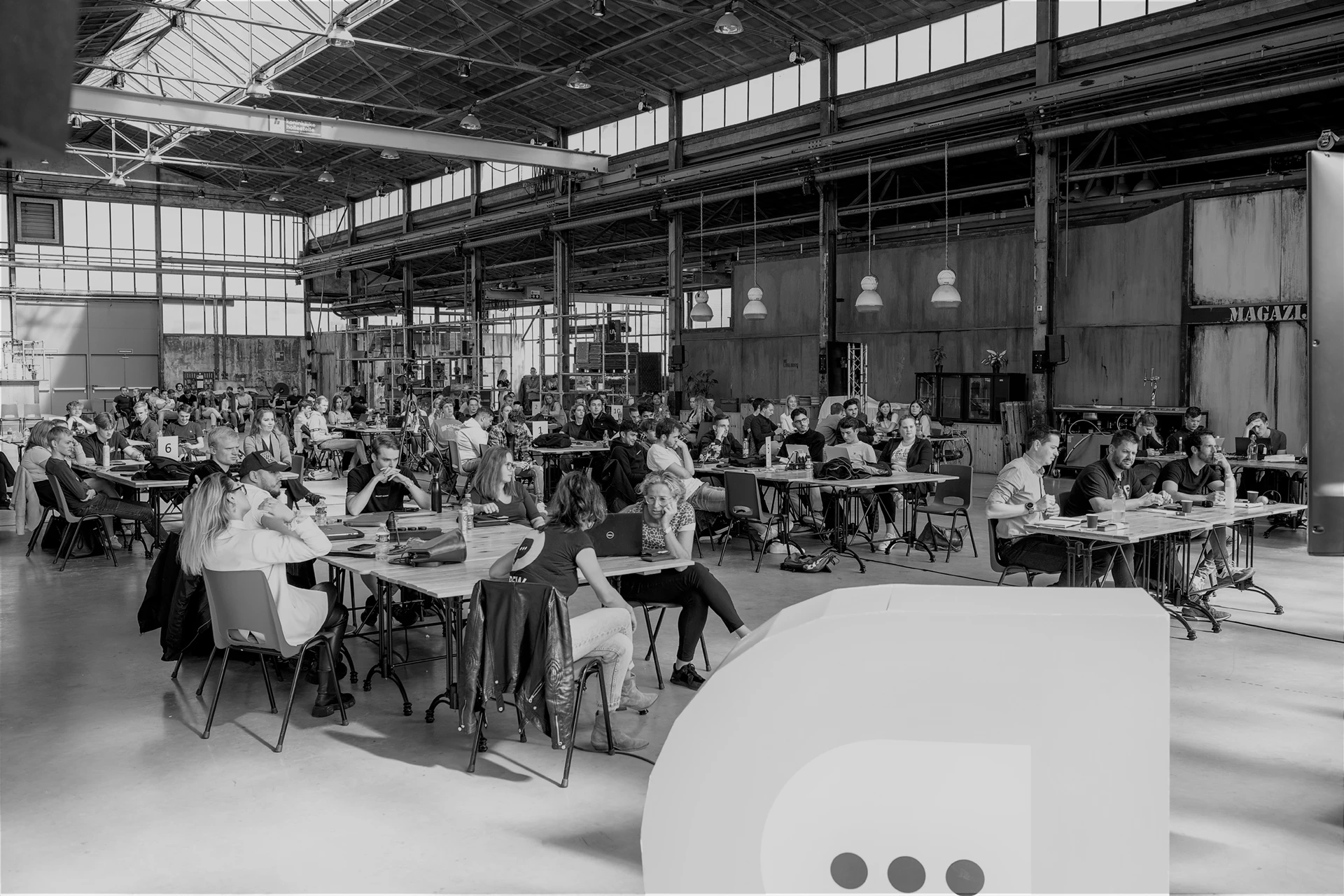Looking for smart solutions
As mayor of the Noord-Beveland municipality, Loes Meeuwisse is, among other things, responsible for the Energy Affairs portfolio. The challenges she faces in this role have changed rapidly. Grid congestion is now at the top of the list.

Looking for smart solutions
“A few years ago, grid congestion seemed less relevant, but now we’re facing it head-on,” confirms Loes. “As a municipality, we are very active in the field of energy transition, RES Zeeland, and sustainable construction. This means, among other things, that many of our residents and entrepreneurs install solar panels and that many wind turbines are also being erected. This has increased the pressure on the electricity grid, and we are now reaching the limits of our grid capacity.”
Suddenly very close
The mayor cites a large solar panel initiative as an example. “At the foot of the Zeeland Bridge, a large solar panel park of more than 10 hectares is being built at Delta Farms. This beautiful initiative has a major impact on grid capacity, making grid congestion suddenly very real.”
Facilitate, inform, stimulate
This problem not only affects the mayor’s Energy portfolio but also resonates through other portfolios. “Now that energy prices are so high due to the war in Ukraine, this also affects our poverty policy, among other things. The national government is working hard on people’s purchasing power, including through price ceilings for gas and electricity. Our influence and role as a municipality are relatively limited in this regard, but we see the urgency and do what we can. Think of providing information and offering financial incentives for energy saving. We have been doing this for a long time, and this situation only strengthens us to continue.”
Challenge
In the meantime, there is a full focus on the grid congestion problem. As a board member of the Stichting Zeeuwse Publieke Belangen, Loes is closely involved in the Boost the Grid Challenge. “When you foresee the risk that many beautiful local initiatives around the energy transition will soon no longer be feasible due to grid congestion, you need to look for solutions to this additional and urgent problem. We have ideas ourselves, but we are eager to look for smart solutions that we haven’t thought of yet. We hope to uncover these through this challenge.”
Back to the double meter
A possible solution according to Loes is to be more conscious of when you use electricity. “Why do washing machines still have to run during the day? I remember a time when there was a double meter, and you ran the washing machine at night because you paid a lower rate. Something like this could be relevant again today. It’s a simple and modern way of aligning supply and demand.”
Reality
This is not just an idea; it’s also a reality, the mayor observes. “From the market, people are already looking for solutions to high energy prices. I recently read about energy providers offering an ultra-flexible rate. At certain times of the day, you can then purchase energy at a lower rate. I think that’s where we need to go indeed. And this is just one of many possible ideas to combat grid congestion. I hope that many different initiatives are submitted in this challenge. They may not all be viable, but even if they can be counted on one hand, I’ll be happy.”
Call to action
The mayor has a call for everyone who can contribute to this issue in this context. “Be creative. The idea can absolutely be ‘out of the box’; that’s fine. Surprise us. We will look at all submissions with equal attention and interest.”
GET UNLOCKED: FINAL EVENT BOOST THE GRID
On June 15, the final event of the Boost the Grid Challenge will take place at Dockwize.
Will you be there?

